LATVIJA.FM
How Latvia is Becoming a Green Tech Pioneer
In the heart of the Baltics, Latvia is quietly but steadily forging a path toward a more sustainable future. From reimagining urban spaces to nurturing cleantech startups, this small nation is proving that innovation doesn’t need to shout to make an impact. With deep roots in nature and a new generation of eco-conscious engineers, entrepreneurs, and policymakers, Latvia is becoming a surprising leader in green technology. The transformation is visible in its forests, felt in its cities, and increasingly recognized across Europe.
A Natural Foundation for Innovation
Latvia’s journey into green technology is not just a modern phenomenon—it’s grounded in the country’s long-standing relationship with nature. With over half of its territory covered in forests and a strong tradition of foraging, organic farming, and eco-friendly lifestyles, the idea of sustainability has always been embedded in the Latvian way of life. Today, this heritage is becoming a launchpad for modern innovation. Rather than replacing the past, Latvia’s green tech movement builds upon it, harmonizing tradition with technology in a way that feels organic rather than imposed.
Riga’s Role in Urban Sustainability
The capital city of Riga plays a central role in Latvia’s green tech emergence. Urban planners and environmentalists are turning post-Soviet infrastructure into green corridors and smart transportation hubs. Electric buses glide through traffic on redesigned streets, and city gardens spring up in unlikely corners. The city’s tech community—housed in co-working spaces like TechHub Riga—is increasingly focused on energy efficiency, circular economy startups, and clean data centers. These aren’t just cosmetic changes. They’re signals that Latvia’s largest urban area is becoming a testing ground for sustainable city living.
A Startup Scene with a Conscience
Latvia’s vibrant startup ecosystem, often overshadowed by its Nordic neighbors, has begun to gain attention for its environmental focus. Cleantech and green energy startups are receiving targeted support from both the public and private sectors. One standout is Aerones, a Riga-based company that builds drones to maintain wind turbines—a crucial technology for the renewable energy industry. Another is Green Tech Cluster Latvia, a collaborative platform uniting businesses, researchers, and policymakers to accelerate sustainable innovation. These ventures are not fringe efforts; they are the core of a broader strategy that aligns growth with responsibility.
Government Policy and the EU Green Deal
Latvia’s ambitions are further bolstered by supportive policy frameworks. The government has aligned closely with the European Union’s Green Deal objectives, aiming to achieve carbon neutrality by 2050. Incentives for renewable energy projects, smart grid development, and green public procurement are already reshaping how businesses operate. EU-funded programs like Horizon Europe and LIFE are channeled toward Latvian initiatives, ensuring that the country not only participates in Europe’s green transition but actively contributes to shaping it.
Education and the Next Generation of Green Talent
Sustainability is not just a sector—it’s becoming a mindset, especially among younger Latvians. Universities such as Riga Technical University and the University of Latvia are offering interdisciplinary programs that blend engineering, environmental science, and digital technology. Eco-hackathons and green tech accelerators attract student innovators eager to apply their skills to climate challenges. This educational momentum ensures that Latvia’s green tech ecosystem is not a short-lived trend, but a long-term shift driven by homegrown talent.
Rural Innovation and the Power of Local Solutions
While cities often lead in technology adoption, Latvia’s countryside is playing a surprising role in the green revolution. Local farms are adopting solar-powered irrigation systems, remote villages are experimenting with microgrids, and community-led waste reduction initiatives are thriving. These grassroots projects reflect a decentralized, adaptive approach to green tech—one that prioritizes local knowledge and environmental stewardship. Latvia’s rural innovation is proof that technological leadership can be both high-tech and deeply grounded in the land.
